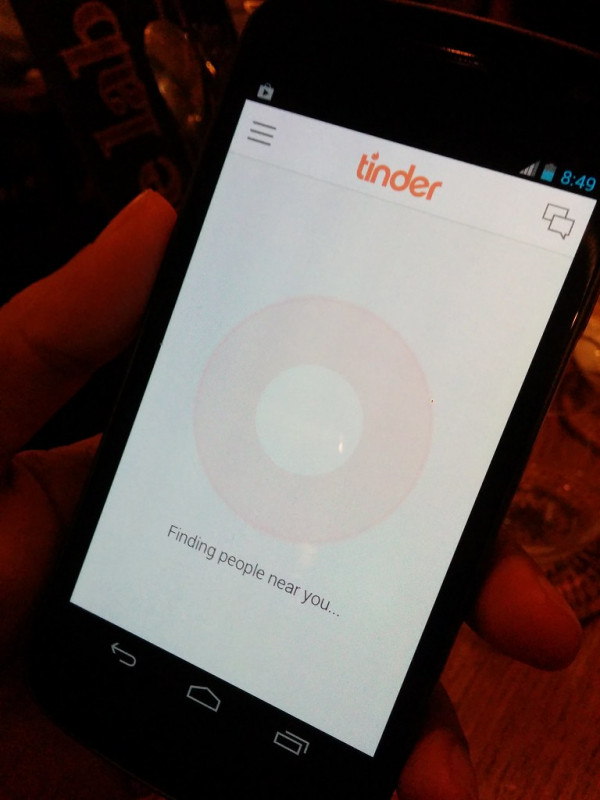Tinder Goes All In With New ‘Face-To-Face’ Video Calling Feature

Tinder is now testing their all-new video calling feature in 13 countries, including France, Brazil, Australia, and across U.S. Colorado, Virginia, Georgia, and Illinois. However, not all users will be able to enjoy the testing, only selected group of users. The popular dating platform has made known their new feature on July 8, calling it Face to Face. As The Verge, the new feature will not require its users to exchange private phone numbers.
From the statement of Tinder’s Senior Product Manager Bernadette Morgan, the testing aims to assess the video calling’s technical performance and how the servers will pick up before making it available to everyone.
Tinder aims to make its users feel sheltered and in control when using the new feature, CNET reported. On that matter, Face to Face would need to make the two users agree before they can perform the video call. While chatting, the users can tap on the video icon found in the right corner of the chat screen, then, they’ll be asked if they agree to video call. If both of them agree, they’ll be able to perform the video calling thereafter, which they can end anytime.
In addition, Tinder has established guidelines for the new feature. Before the video call will start, the matched users would need to agree to keep the video calling free from nudity or any sexual actions, hate verbal act, violence, and any illegal activities.
Face to Face is made to personalize the users’ experience: Once the call starts, the screen will split into half so the caller can see the other user’s point of view. According to Morgan, the call’s façade is made purposely to make sure the users in the video call can make sure that they look presentable and for a clearer classification of unwanted stuff in the background or in the picture. The split screen appearance also helps the users to foster deeper conversations to the users because as per Morgan, “conversations are a two-way street.”
At the end of the video call, the matched users will be stimulated to answer if either they’d want to perform the video calling again or if they want report an inappropriate action. Tinder also pointed out that they don’t record the video calls of their users and is glazing in restricting it to all users hopefully; same goes for screenshots and screen recording.
Due to the social unrest caused by the COVID-19 global pandemic, the demand for dating applications has emerged to be a trade-off with physical dates. As per The Verge, Tinder’s CEO Elie Seidman previously spilled out their plans in launching a video calling feature to their app even before COVID-19 happened; however, due to the increasing demand of online conversations across the globe, the team has accelerated the video calling development.













